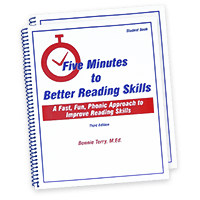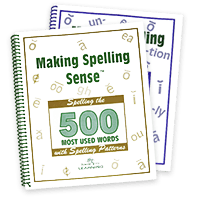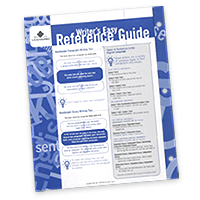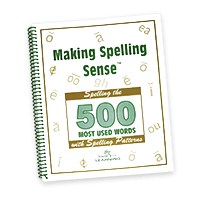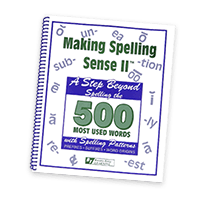Educational Problems Caused by ADD/ADHD
October 10th, 2008ADD/ADHD obviously affects performance in a school setting, as well as affects other parts of their life. Children and adults with ADD have neurological gaps that interfere with the cognitive processes of memory, concentration, and attention span.
In other words, those with ADD/ADHD have often missed out on instruction because they were distracted and attending to other things instead of the instruction that was being given.
Assignments, especially homework may be missed because they were distracted and attending to other things instead of the assignment that was being given. When kids aren’t paying attention in class, they often miss bits and pieces of skills, content, and the easy tricks to becoming efficient learners.
Dr. Daniel Amen, author of Windows Into the ADD Mind states that school problems can include:
o Restlessness
o Short attention span and distractibility
o Impulsiveness
o Procrastination
o Trouble shifting attention
o Forgetfulness
o Writing disabilities
o Reading disabilities
o Visual processing problems
o Auditory processing problems
o Unusual study habits
o Difficulties with timed situations such as timed tests.
Specific accommodations regarding ADD/ADHD can be implemented in the classroom so your child is not penalized for issues arising their ADD. A 504 Plan can be implemented for any child that has a diagnosis of ADD when it is impacting their performance in the classroom.
The first step to set up a 504 Plan for your child that has a diagnosis of ADD is to request in writing an evaluation from the school regarding the impact your child’s ADD has on their classroom performance. They must meet the Section 504 definition of disability to be protected under the regulation; in this case meeting the definition would be learning being limited due to issues arising out of their ADD.
Once that is done, a 504 Plan can be implemented. A variety of accommodations can be written into a 504 Plan. Here are just a few suggestions:
1. Additional time for assignments.
2. Allowing tests to be done in smaller class settings.
3. Providing the students with the opportunity to perform the assignment or activity in a variety of ways such as on tape, with a calculator, or orally.
4. To NOT require the student to complete the assignment or activity in one sitting.
5. Require that assignments done incorrectly for any reason be redone.
6. Preferential seating.
7. Provide the student with shorter tasks given more frequently.
8. Give directions in a variety of ways.
9. Stand next to the student when giving directions.
Additional Resources:
For more recognized accommodations that schools can implement, refer to the Pre-Referral Intervention Manual published out by Hawthorne Press. It lists thousands of common learning, ADD, and behavioral problems that are encountered in the educational environment.
Bonnie Terry, M. Ed., BCET
………………………………………………………………………………………………………….
Here is more information regarding qualifying for a 504 with ADD/ADHD problems from http://www.wrightslaw.com/advoc/ltrs/eligibility_add.htm
Passing Grades
Although school personnel told the parent that her child is not eligible because the child was “passing,” this is incorrect. Children who receive passing grades and advance from grade to grade can be eligible for special education. The IDEA regulations clarify that schools must offer a free appropriate public education to any child with a disability who needs special education, “even though the child has not failed or been retained in a course or grade, and is advancing from grade to grade.” (see IDEA Regulation 300.101, page 204 of Wrightslaw: Special Education Law)
Children with Other Health Impairment & Learning Disabilities
Most children who have ADD/ADHD are found eligible under the “Other Health Impairment” or “Specific Learning Disabilities” categories.
The legal definition of “Other Health Impairment means having limited strength, vitality, or alertness, including heightened alertness to environmental stimuli, that results in limited alertness with respect to the educational environment, that … is due to chronic or acute health problems such as … attention deficit disorder or attention deficit hyperactivity disorder …” (See regulation 300.8(c)(9), Wrightslaw: Special Education Law, 2nd Edition , page 194)
………………………………………………………………………………………………………………..
Please let me know if you have specific topics that you would like addressed.
Bonnie Terry, M. Ed., BCET



